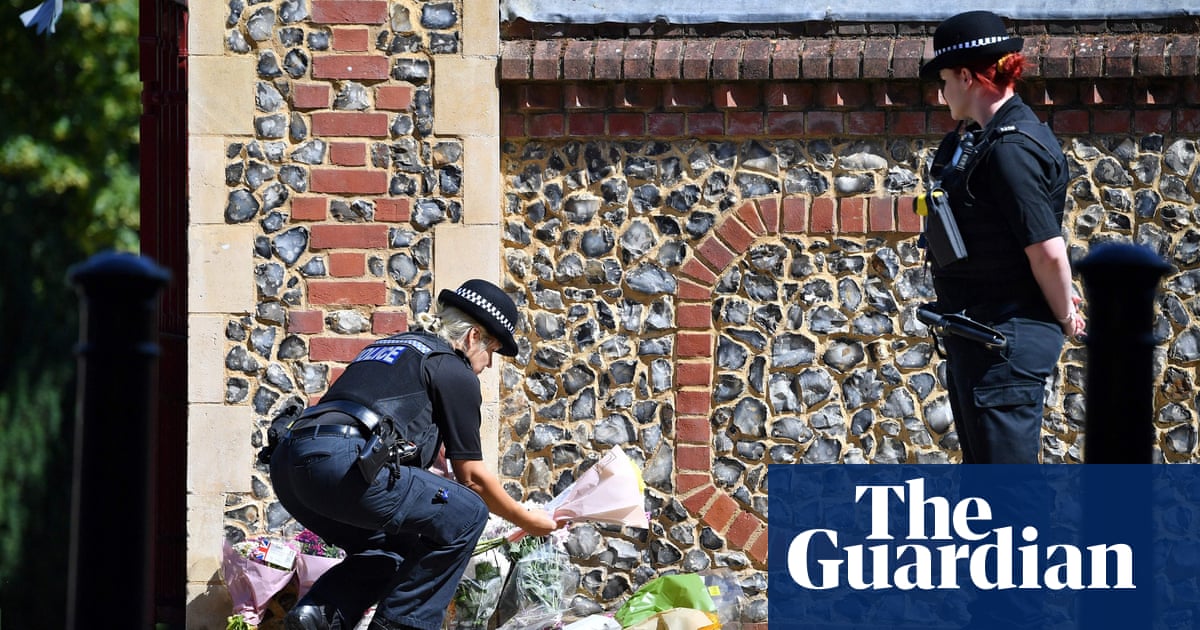
Do-not-resuscitate orders were wrongly allocated to some care home residents during the Covid-19 pandemic, causing potentially avoidable deaths, the first phase of a review by England’s Care Quality Commission has found.
The regulator warned that some of the “inappropriate” do not attempt cardiopulmonary resuscitation (DNACPR) notices applied in the spring may still be in place and called on all care providers to check with the person concerned that they consent.
The review was prompted by concerns about the blanket application of the orders in care homes in the early part of the pandemic, amid then prevalent fears that NHS hospitals would be overwhelmed.
The CQC received 40 submissions from the public, mostly about DNACPR orders that had been put in place without consulting with the person or their family. These included reports of all the residents of one care home being given a DNACPR notice, and of the notices routinely being applied to anyone infected with Covid.
Some people reported that they did not even know a DNACPR order had been placed on their relative until they were quite unwell.
“There is evidence of unacceptable and inappropriate DNACPRs being made at the start of the pandemic,” the interim report found, adding that the practice may have caused “potentially avoidable death”.
DNACPR decisions can be made by a consultant, GP or suitably qualified nurse and should be made in consultation with the person concerned. They are a common part of end-of-life care, not least because CPR is an invasive and traumatic medical intervention and is mostly unsuccessful, saving fewer than 10% of people outside of hospital settings. But such notices should not be issued in a blanket form, the CQC said.
“It is unacceptable for clinical decisions – decisions which could dictate whether someone’s loved one gets the right care when they need it most – to be applied in a blanket approach to any group of people,” said Rosie Benneyworth, chief inspector of primary medical services and integrated care at the CQC.
“Sadly, in the experiences that people have generously shared with us, there is very real concern that decisions were made which not only overlooked the wishes of the people they affected, but may have been made without their knowledge or consent.”
The CQC cited reports that care providers and staff had raised concerns about GPs “putting blanket DNACPRs on care homes”.
One unidentified source told the regulator that some care homes and learning disability services had received instructions from GPs to impose a blanket DNACPR on people in their care. A few sources said there had been inappropriate GP communications to people in their own homes about advance care planning and DNACPRs.
The CQC raised the question of why the orders were wrongly applied. It said some stakeholders believed that at the start of the pandemic, GP practices may have been overwhelmed and overloaded.
It also highlighted the view that a national “protect the NHS” message was misinterpreted by clinicians applying the orders to avoid hospitals being overwhelmed.
Stakeholders also reported the impact on care staff, who felt unsupported in raising concerns about the issue. Some said care providers had challenged blanket DNACPRs but felt no one was listening. It was not clear who they should refer their concerns to and they were frustrated in their attempts to do so, the CQC said.
The findings have now prompted a wider investigation into the problem, which is due to report in early 2021.
It will examine the practice in seven NHS areas: Birmingham and Solihull, Bristol and North Somerset, Cambridge and Peterborough, Morecambe Bay, Sheffield, Greenwich, and East Surrey. It will focus on the experience of older people and people with a learning disability or autism.












